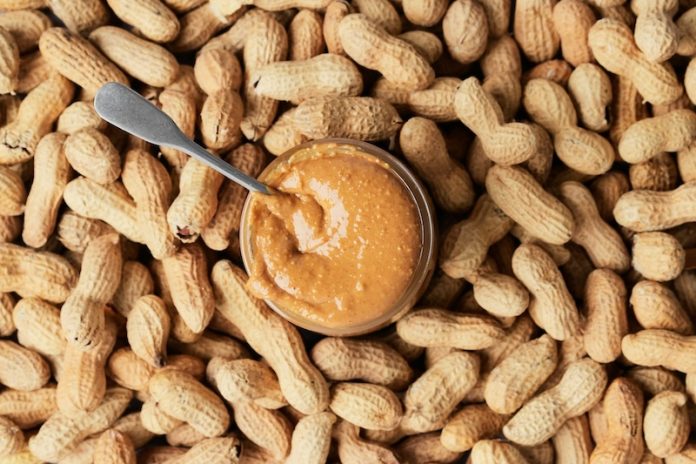
Peanuts are a favorite snack for many people. They’re tasty, crunchy, and often seen as a healthy choice. But a new study from the University of Liverpool has found something that might be important for people who have cancer or are recovering from it.
The research focused on a natural protein found in peanuts called Peanut Agglutinin, or PNA. When someone eats peanuts, a small amount of this protein can enter the bloodstream.
The scientists found that PNA might affect how blood vessels work and cause the body to release certain chemicals called cytokines. Two of these chemicals—IL-6 and MCP-1—may play a role in helping cancer spread from one part of the body to another.
Here’s how it works: blood vessels are lined with a thin layer of cells. Normally, these walls act like a barrier that controls what moves in and out of the bloodstream. But when PNA is present, it can trigger the release of IL-6 and MCP-1.
These chemicals make the blood vessel walls easier for cancer cells to stick to and pass through. This could make it easier for cancer cells to travel and grow in new areas of the body, a process known as metastasis.
In earlier studies, the same research team also discovered that PNA sticks to certain sugar molecules that are more common on the surface of cancer cells than on healthy cells. This makes cancer cells clump together, which helps them survive better while they’re moving through the blood. These clumps can then settle in a new part of the body and grow into more tumors.
This research doesn’t mean that peanuts are bad for everyone. For most healthy people, peanuts are still a good snack. They are full of protein, healthy fats, and important nutrients. However, if someone has cancer, especially if their type of cancer is known to spread easily, this study suggests they may need to be careful.
The research team, led by Dr. Lu-Gang Yu, explained that this is just one study, and more research is needed to fully understand the link between peanuts and cancer spread. Scientists want to study how much PNA is actually absorbed into the body and what happens over time.
If you or someone you care about is going through cancer treatment, this research is something to think about. It might be worth talking to a doctor or nutritionist about whether peanuts should be limited during this time.
The study was published in a scientific journal called Carcinogenesis. While it may take years to know the full impact of this discovery, it’s a good reminder of how even small things we eat can affect our health in complex ways.
Being informed gives you the power to make better choices. If you’re fighting cancer, making careful decisions about your food—like how often you eat peanuts—can be a small but helpful part of your care.
If you care about cancer risk, please read studies that exercise may stop cancer in its tracks, and vitamin D can cut cancer death risk.
For more health information, please see recent studies that yogurt and high-fiber diet may cut lung cancer risk, and results showing that new cancer treatment may reawaken the immune system.
Copyright © 2025 Knowridge Science Report. All rights reserved.



